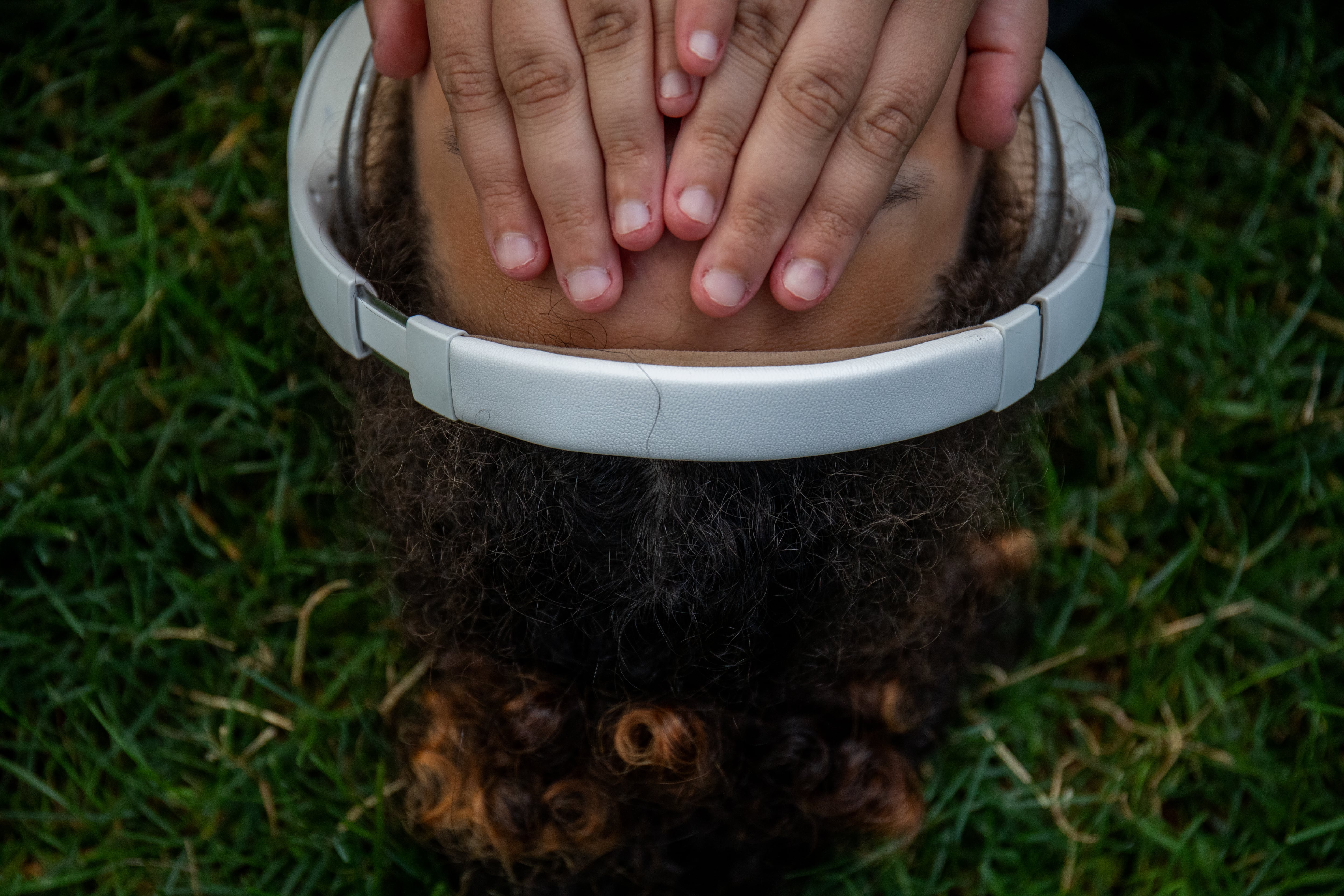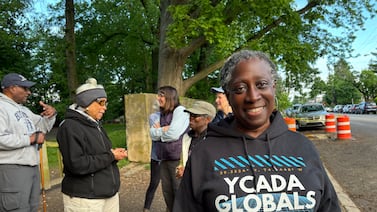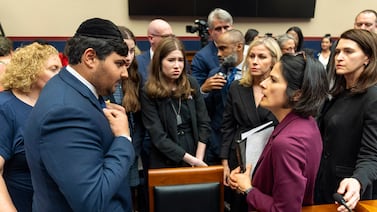Sign up for Chalkbeat Detroit’s free daily newsletter to keep up with the city’s public school system and Michigan education policy
More mental health resources for youth are coming to Michigan this fall as part of a national effort that will also create pathways for young adults to enter behavioral health careers.
A new Youth Mental Health Corps that will help middle and high schoolers access mental health resources is launching in Michigan and three other states in September. It will eventually expand to seven more states next year.
The program also aims to tackle the state’s and the nation’s shortage of mental health professionals by giving corps members working experience. Additionally, it will provide stipends, scholarships, and in some cases, the opportunity for corps members to qualify for student loan forgiveness.
Corps members will be trained to help teens navigate resources available in their schools and community organizations. They will also share digital and media literacy resources with kids to help them navigate online harassment, bullying, and bias.
The new program, part of the federal volunteerism and service agency AmeriCorps, comes to Michigan at a time when advocates and educators say schools are far too understaffed to fully meet students’ growing needs for mental health services.
“AmeriCorps members are a tremendous resource for Michigan in helping solve the state’s pressing issues and youth mental health is one of those critical needs,” said Ginna Holmes, executive director of the Michigan Community Service Commission, in a statement. Michigan districts have added more than 1,300 mental health staff members in schools since 2018, however advocates say much more funding is needed to attract and retain counselors, psychologists, and social workers to the field.
The state had one counselor for every 615 students – the third highest ratio in the country – in the 2021-22 school year, according to the most recently available report from the American School Counselor Association. ASCA’s recommendation is once counselor for every 250 students.
For school psychologists, the ratio was one for every 1,445 students in Michigan during the same school year, and one school social worker for every 1,051 students, the most recently available data shows. The recommended ratios are one psychologist for every 500 students and one social worker for every 250 students.
Michigan is not alone in its shortage of school behavioral health staff. School mental health professional organizations say it would take more than 100,000 additional staff to reach recommended ratios in all of the public schools in the U.S.
“We are at a critical moment where we must act with urgency to address the mental health crisis that is impacting millions of our children,” said Michael D. Smith, CEO of AmeriCorps, in a statement.
The private-public partnership is funded by AmeriCorp, the Schultz Family Foundation, and social media company Pinterest.
Anyone with a high school diploma ages 18 to 24 is eligible to apply to become a corps member.
Hundreds of corps members will initially be deployed in Michigan, Colorado, Minnesota, and Texas this fall, with plans to expand to California, Iowa, Maryland, New Jersey, New York, Virginia, and Utah in the fall of 2025.
Hannah Dellinger covers K-12 education and state education policy for Chalkbeat Detroit. You can reach her at hdellinger@chalkbeat.org.






